The Male Body Image We Pretend Not To Notice
Men are bombarded with images of guys with chiseled abs, thriving careers, and picture-perfect lives. Scrolling through Instagram’s ideal posts can really mess with your head. A 2020 study shows that men who check out muscular fitness posts tend to feel worse about their own looks. And that guy in your notifications with the shredded physique and flawless lighting? He probably took 47 photos to get that shot - and still used a couple of filters.

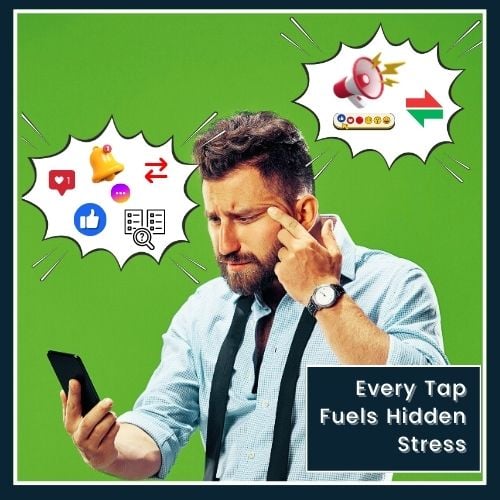

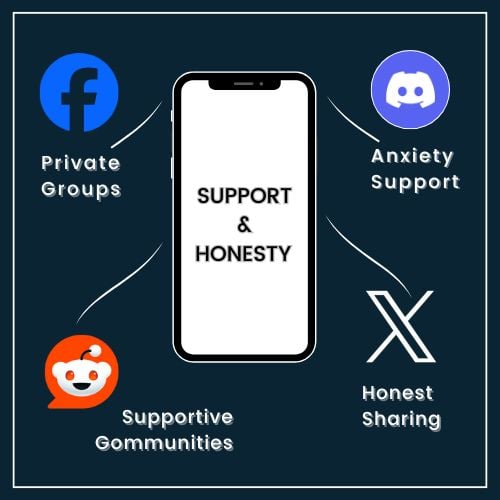
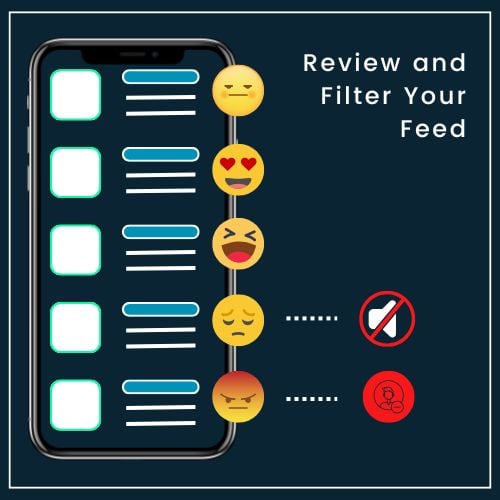
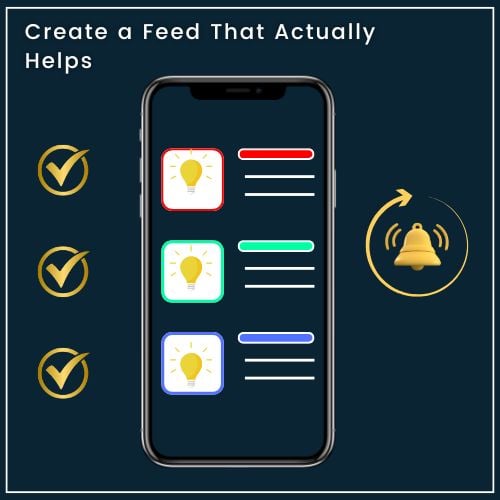
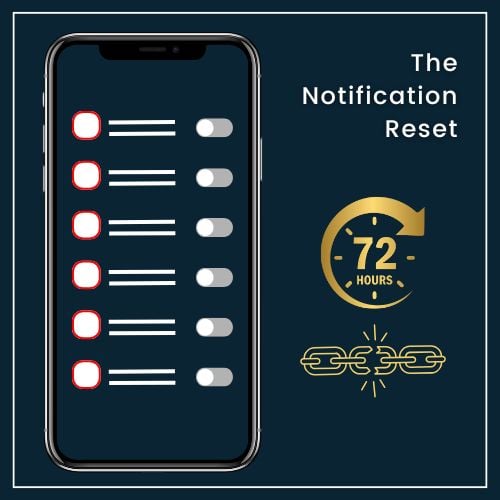


This was such a well-written and eye-opening post. My husband often scrolls through social media late at night, sometimes for close to an hour before finally going to sleep. I’ve noticed how it seems to leave him feeling either agitated or discouraged, especially when he’s been looking at news, fitness content, or what others are accomplishing. Your point about the comparison trap and how social media often highlights unrealistic or filtered versions of life really resonated with me—it’s easy to forget how much that can wear down someone’s mental health over time.
I also appreciate how you emphasized the importance of awareness and intentional use rather than just demonizing social media altogether. It gave me some helpful language and insight I can use to gently start a conversation with him. Thank you for addressing this topic with such clarity and care—it’s something more people need to be talking about, especially when it comes to men’s mental health.
Hi There Alice!
Thanks so much for your thoughtful comment. We're really glad the post gave you something useful to take into conversations with your husband.
You’re right absolutely right, social media can quietly chip away at how we feel, especially when we’re already tired.
It’s great that you noticed the signs and want to support him in a kind and gentle way.
It's interesting how social media can act both as a support system and a silent pressure cooker, especially for men who often aren't encouraged to open up emotionally. I've personally noticed that even when guys do share mental health struggles online, there's often a stigma or dismissal in the comments. Do you think platforms are doing enough to create a safe space for authentic expression, or are they unintentionally reinforcing harmful norms? It would be insightful to explore whether different age groups of men experience these pressures differently, particularly younger users who grew up entirely in the digital age versus older users adapting to it later.
Hey Slavisa,
That’s a really sharp observation. Social media gives men a voice but often punishes honesty at the same time. Some platforms are trying — adding support links, mental health prompts, and content filters — but the culture around “looking fine” still overshadows it. You’re right about age groups too; younger men face constant comparison, while older users tend to hide struggle altogether. It’s progress, but still patchy at best.
The MaleSuave Team